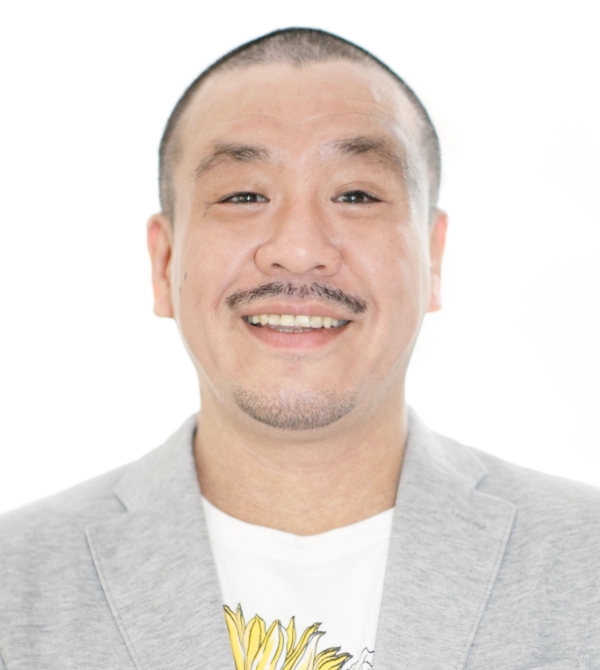
writing
Representative of Sensho Gumi Co., Ltd.
Former Ministry of Health, Labour and Welfare official
Yasuhiro Sensho
Graduated from the Faculty of Law at Keio University. Joined the Ministry of Health, Labor and Welfare in 2001 and was involved in the revision of eight laws. After retiring from the ministry in 2019, he founded the consulting company Sensei-gumi. He has served as a member of the Cabinet Office and the Ministry of the Environment's expert councils. He is an expert commentator for Asahi Shimbun Digital. His books include "Black Kasumigaseki" (Shinchosha).

The reform of working practices for doctors has come about as part of the trend of work style reform in society as a whole. As the working population declines significantly, the economy and society cannot be maintained unless we secure the workforce and improve productivity. As the working population declines, securing human resources is also an issue in the medical field. In the world of insured medical care, the price of medical care is uniformly determined within the medical insurance system, so it is difficult to adopt a management strategy of improving the quality of services, raising unit prices, and raising wages. This is probably why young doctors are moving into the world of private medical care and cosmetic medicine these days. I think that there needs to be a major discussion within the medical insurance system about the treatment of doctors and medical professionals, but for individual medical institutions, isn't it also an important management issue to increase the attractiveness of the workplace in terms of other aspects besides treatment?
Young people tend to be resistant to long working hours, but there are many who say, "I don't mind working long hours if I can do interesting work," or "I don't mind a little hard work if it helps me grow." One of the reasons that young people with ambition get discouraged is that they are "working in an inefficient way," "there are tasks that they don't understand the meaning of," or "they are busy with work and can't spend time on essential things." I'm in my 50s, but the Internet started to spread when I was a university student, and smartphones and SNS started to spread when I was in my mid-30s. I basically grew up in an era when inefficiency and waste were the norm, even as a student, and even after I got a job, I learned my job in an environment that was like an apprenticeship system in a sense. People in their 30s today have had the Internet since they were children, and got smartphones around the time they were university students. The younger generation is completely digital native, and the keywords are "typa" and "cost-effectiveness." Whether it's studying, research, or entertainment, they grew up in an environment where it was normal to reach the results they wanted in the shortest possible time, and they don't know a world where this isn't the case. It's probably hard to imagine a process where you go to the library, look for books, read 10 books, and finally find an answer that satisfies you. Therefore, when they start working, they may be shocked by the outdated and inefficient methods of the organization they work for. I believe that by creating a workplace with efficient operations that are in line with the modern era, we can both secure young staff and improve the efficiency of operations.
However, every medical institution has its own operations that have been in place for many years, and changing them may involve transition costs. The current optimized system may be implemented in the operations of new medical institutions. There may also be many hints in the operations of personal services in the free competitive market outside of the medical field. Why not consider adopting good practices from new medical institutions or outside the medical world?